PR 15/19 | Public safety must come first
At an Extraordinary General Meeting held on the 21st June 2019, and attended by around 400 Periti, it was unanimously agreed that public safety is paramount, and that no effort should be spared to ensure that the safety of people in their homes, and their quality of life, are the topmost priority of all involved in construction industry, including the respective regulators.
The time is long overdue for Government to properly address in a holistic manner, the problems besetting the construction industry, and not through a piecemeal approach. Hastily drafted and ill-thought revisions to a Legal Notice will not serve to ensure public safety, but rather serves only to confuse the various roles and responsibilities on construction sites. In particular, the EGM emphasised that under Malta’s Civil Code there are only two figures responsible for construction work, namely the Perit and the Contractor. Consequently the role of a site manager, as conceived in the Legal Notice, could only be assumed to be within the contractor’s setup, since the Contractor was obliged at law to understand and follow the instructions issued by the Perit, and be sufficiently knowledgeable to understand the significance of such instructions.
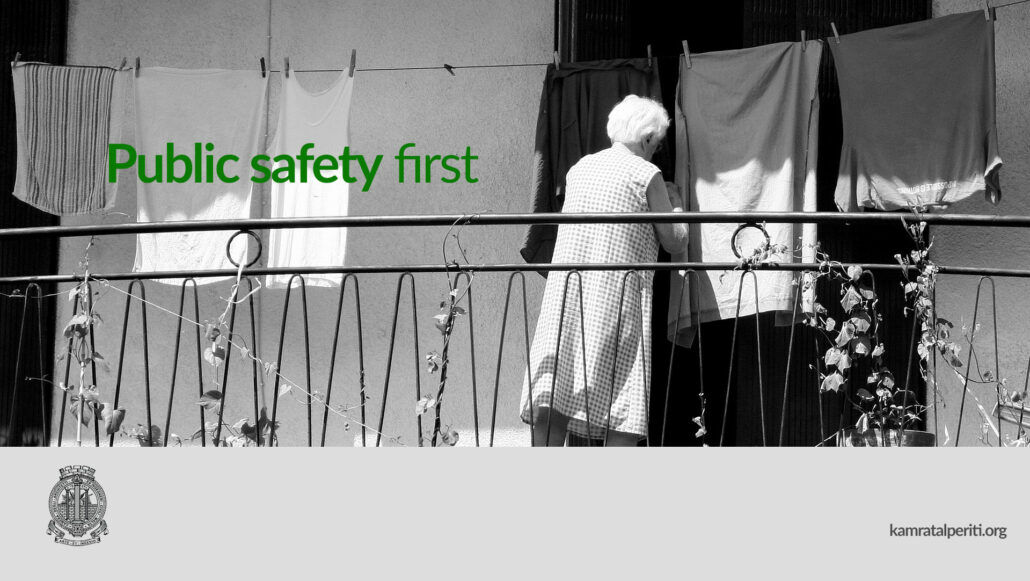
A contractor may employ or engage any knowledgeable person, including technical professionals, to take control of the site, and to help the contractor and all personnel understand the instructions received, without diminishing the contractor’s responsibility in terms of the Civil Code in any way. Periti must, on the other hand, bear responsibility for all instances where there may have been negligence, or where due diligence was not sufficiently exercised by them in discharging their services, which include designing the structure so as to be safe and in accordance with regulations, issuing particular works instructions and specifications, particularly for excavation, demolition and alterations or extensions to existing buildings, During the EGM, Periti reaffirmed their commitment to take full responsibility for the tasks that were within their remit. They however demanded that Government stops dragging its feet, and immediately takes the necessary steps to ensure that the framework which allows Periti to ensure public safety is in place and effective.
In this context, the EGM is demanding that the amendments to the Periti Act, that the Kamra tal-Periti has been insisting on for the last 12 years, be approved, in full consultation with the Kamra; that Government enters into immediate discussions with the Kamra, on the Building and Construction Regulation Framework it has proposed, and to agree on its implementation within a reasonable timeframe; that, even before the setting up of the Building and Construction Authority, a proposal which the Kamra has supported since its inception, Government immediately provides the Building Regulation Office with all the necessary financial, human, and technical resources it requires to deal with its workload; and finally, that Government implements the obligations of the regulator as far as concerns the certification of all building products, both produced locally or imported, as required by the Laws of Malta since 2011.
The EGM is demanding that any Legal Notice should, rather than contain technical detail that is better placed in building regulations, include provisions that empower the Perit to suspend works, and lodge a report with the Building Regulations Office, without having to relinquish his commission, if the contractor or developer refuse to comply with the Perit’s instructions on matters relating to structural integrity.
Finally, the EGM is demanding that there should be a clear separation between planning application and permitting processes, and the processes by which building and construction is notified, regulated and monitored. Nearly five years have been wasted as a result of the misguided advice given to Government that the two processes should be brought together under the remit of the Planning Authority.
The EGM finally reiterated the profession’s full commitment to ensure public safety, and urged the Government to enter into discussions with the Kamra, as the sole and legal representative of the profession, rather than depend on advisors or entities which may not be adequately familiar with the technical and engineering aspects of the construction process.

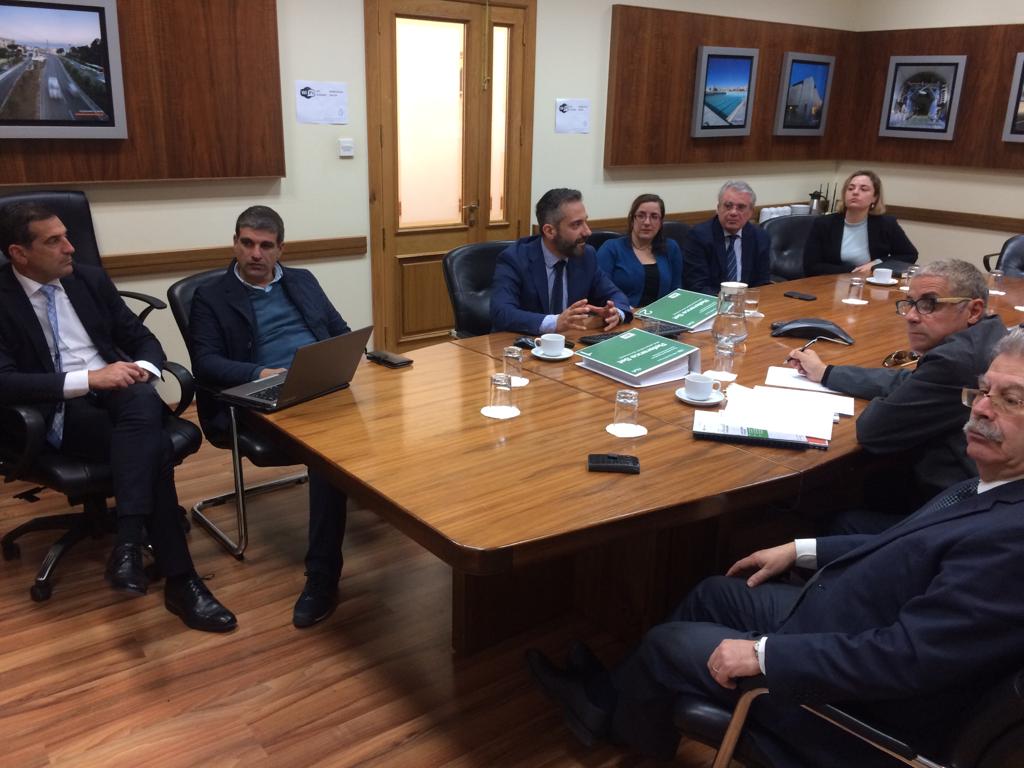
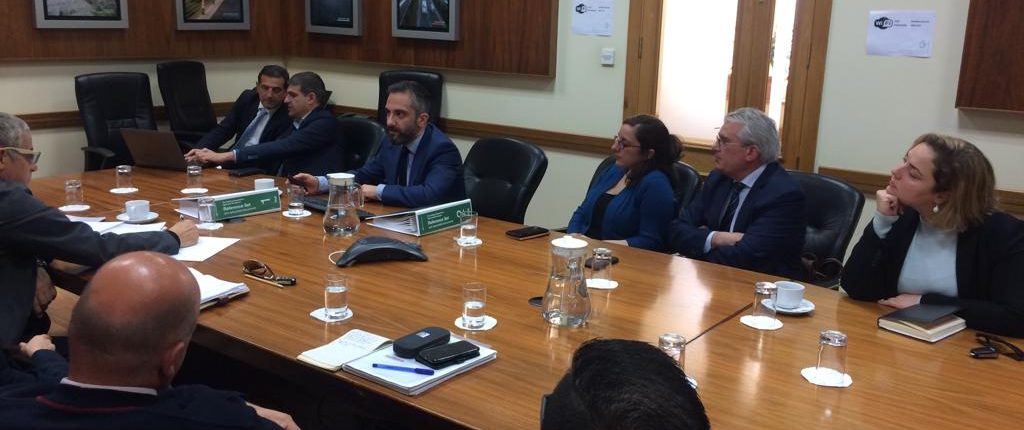
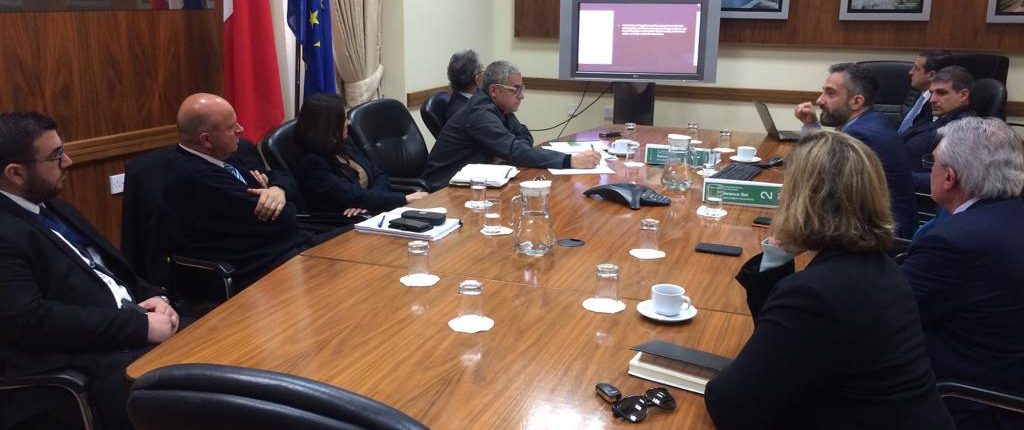
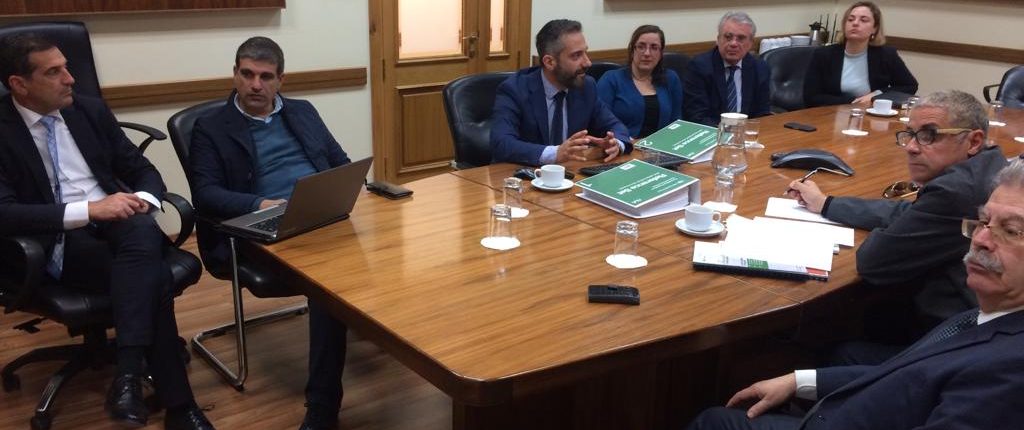

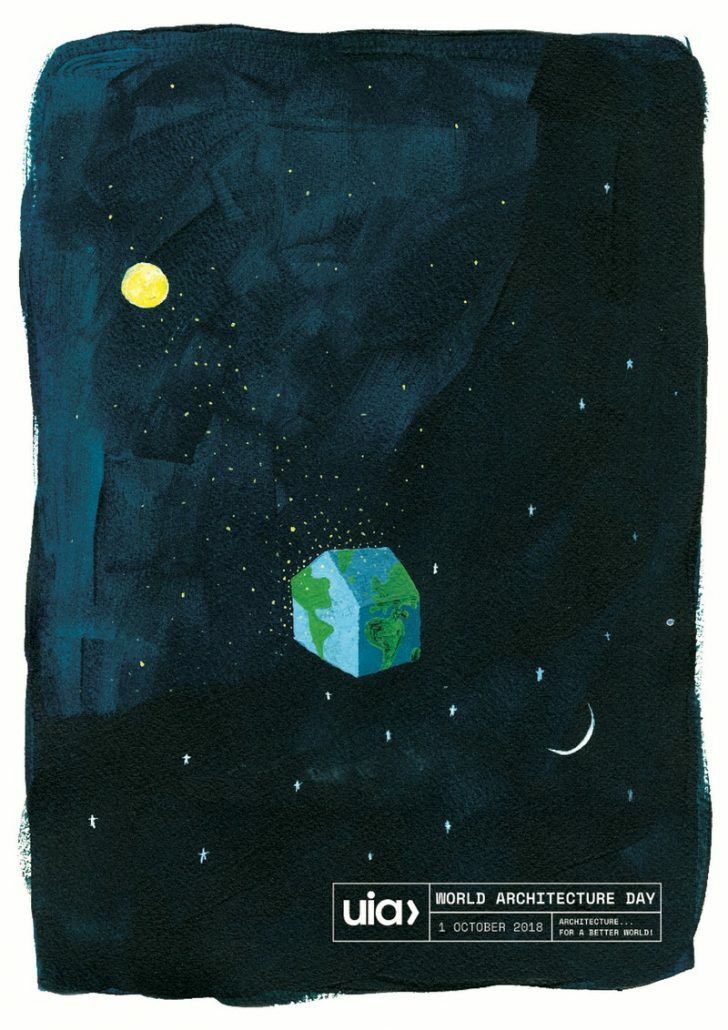

You must be logged in to post a comment.